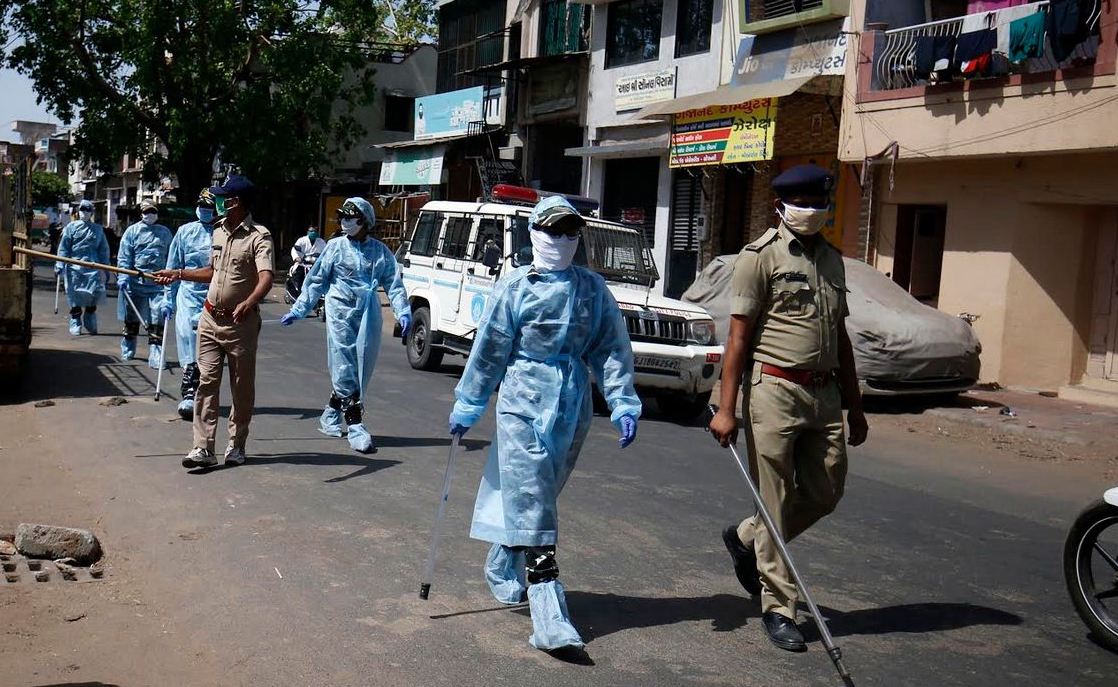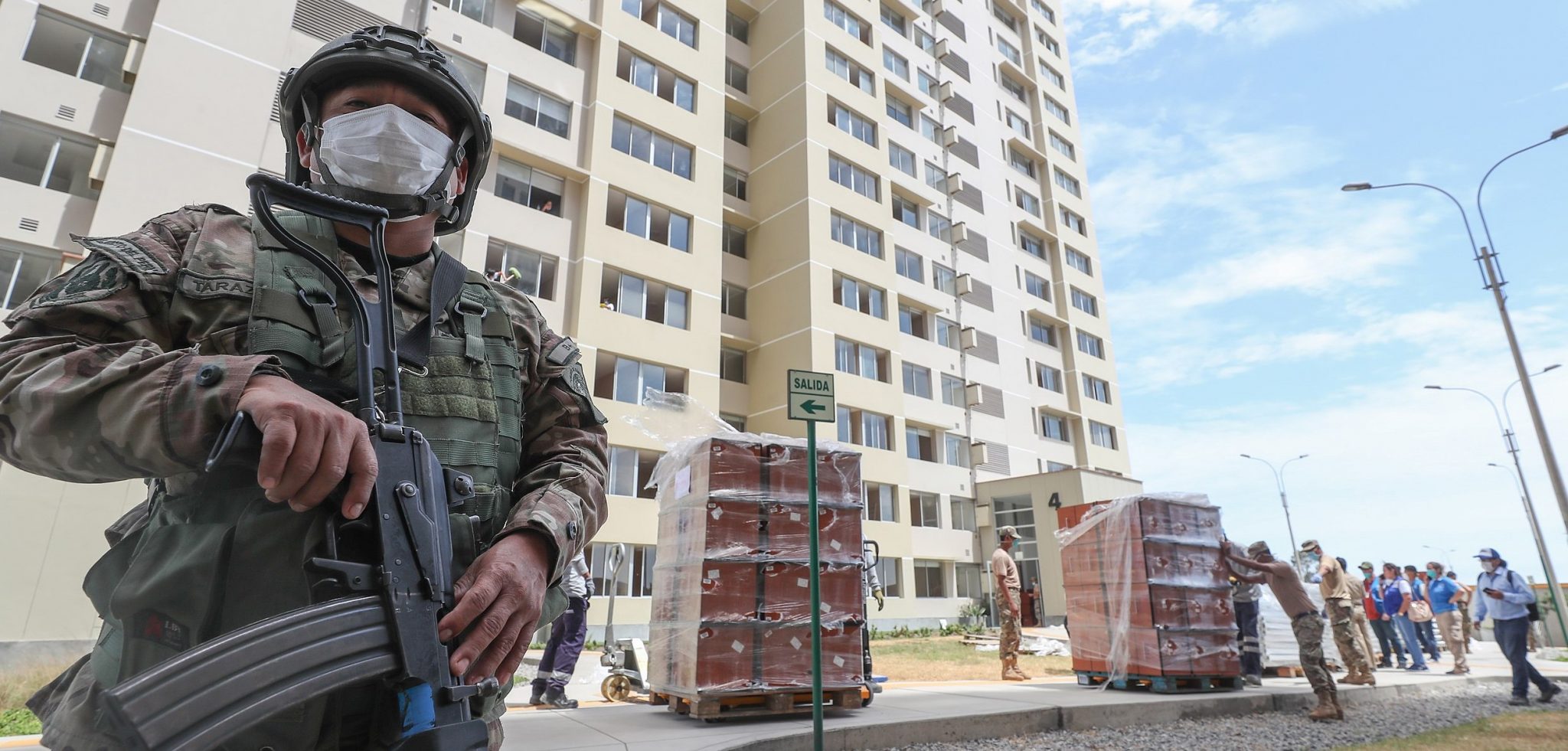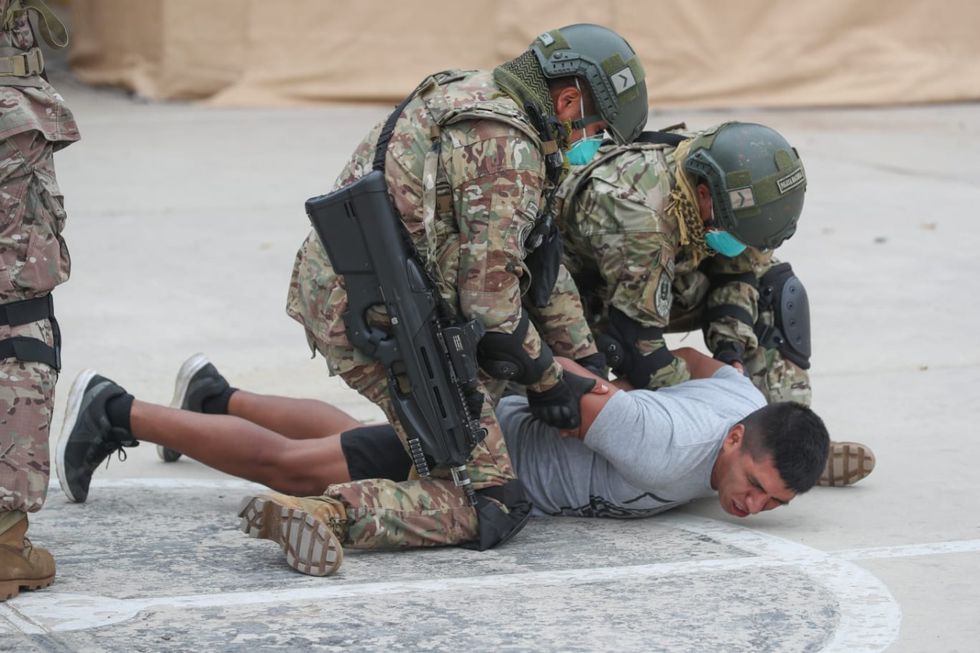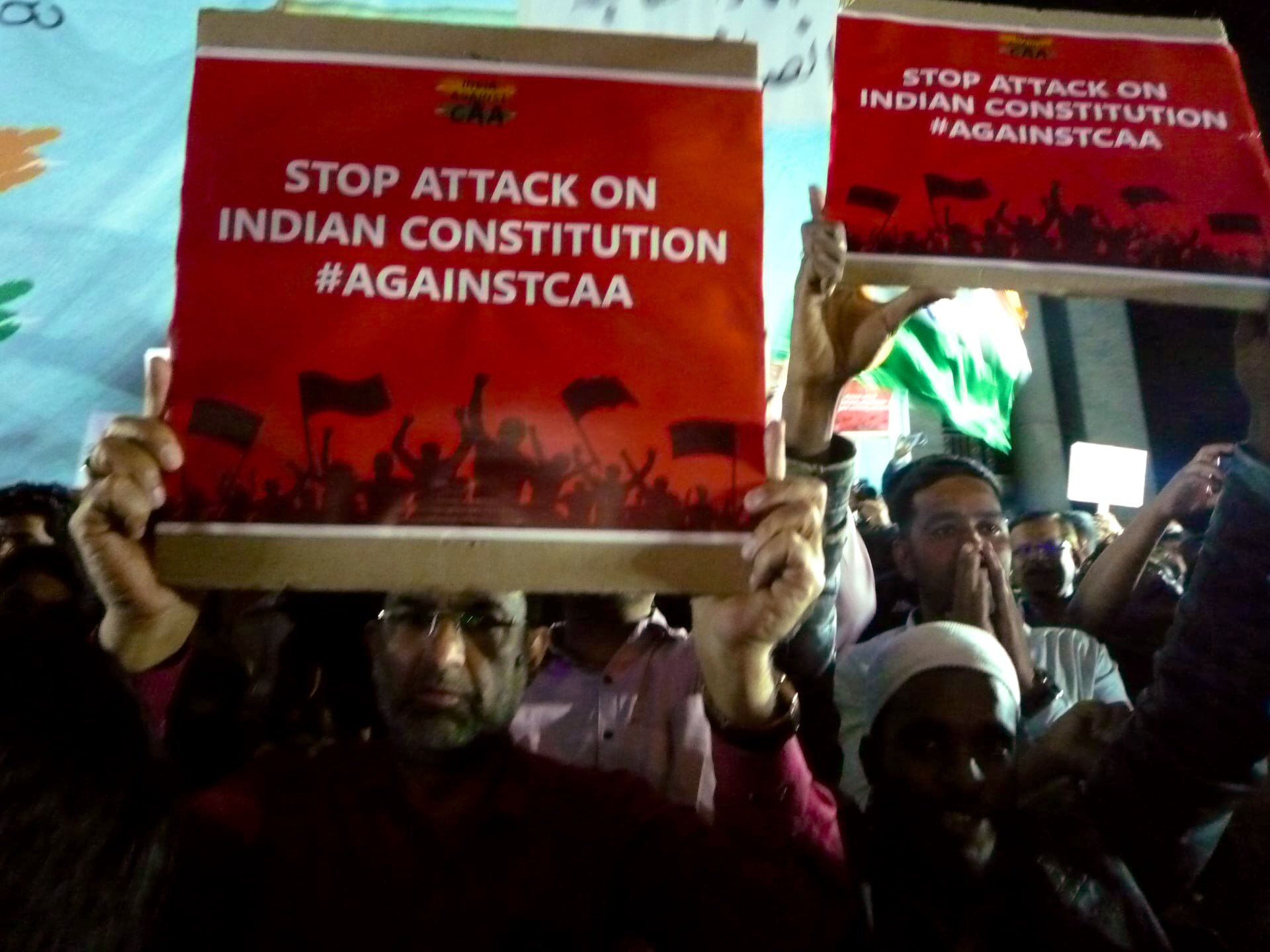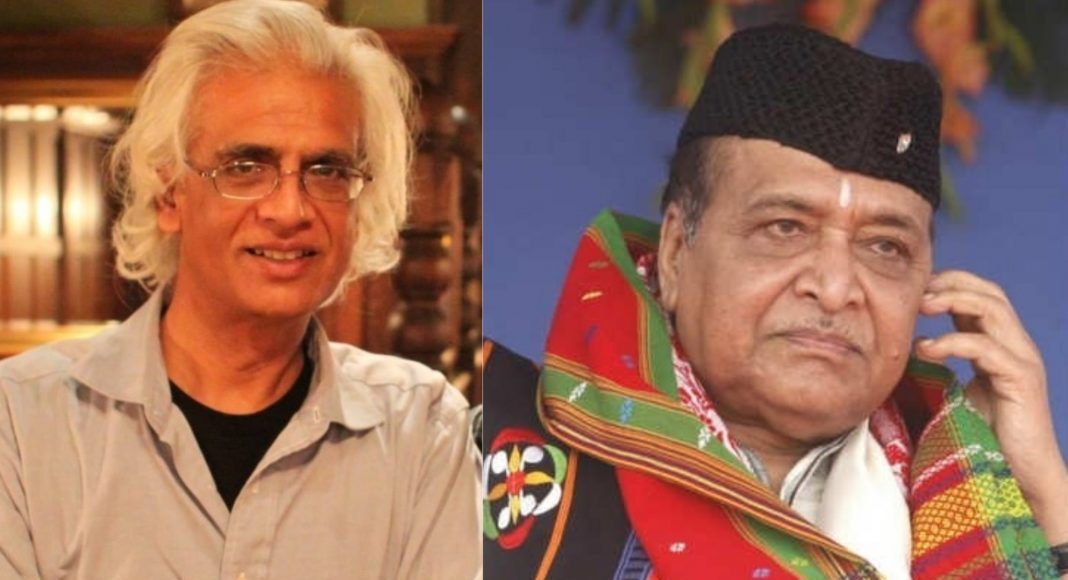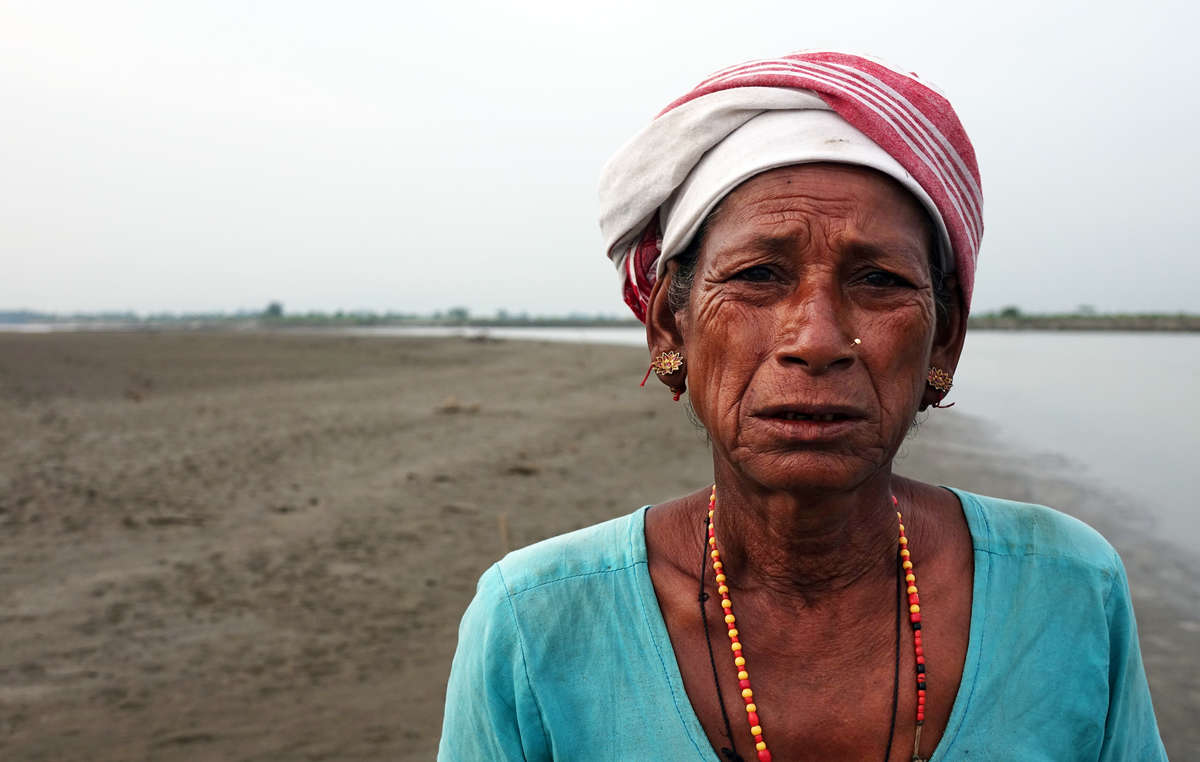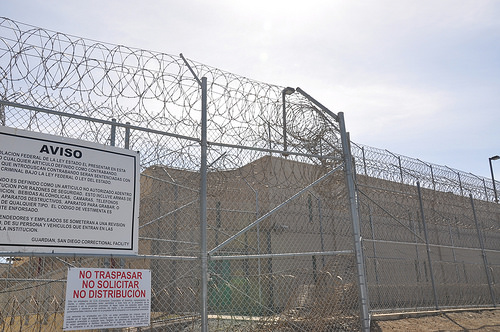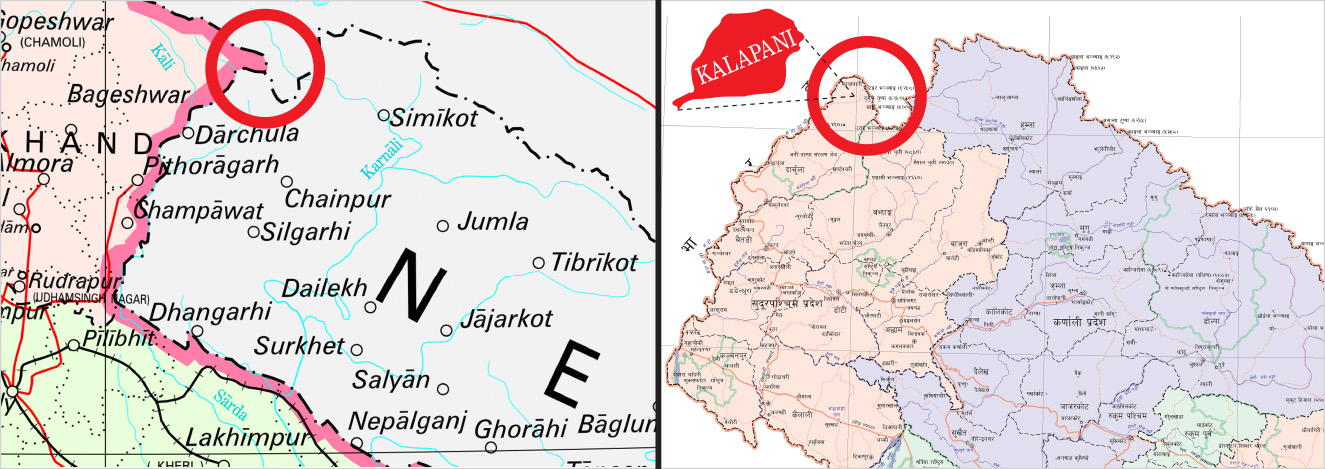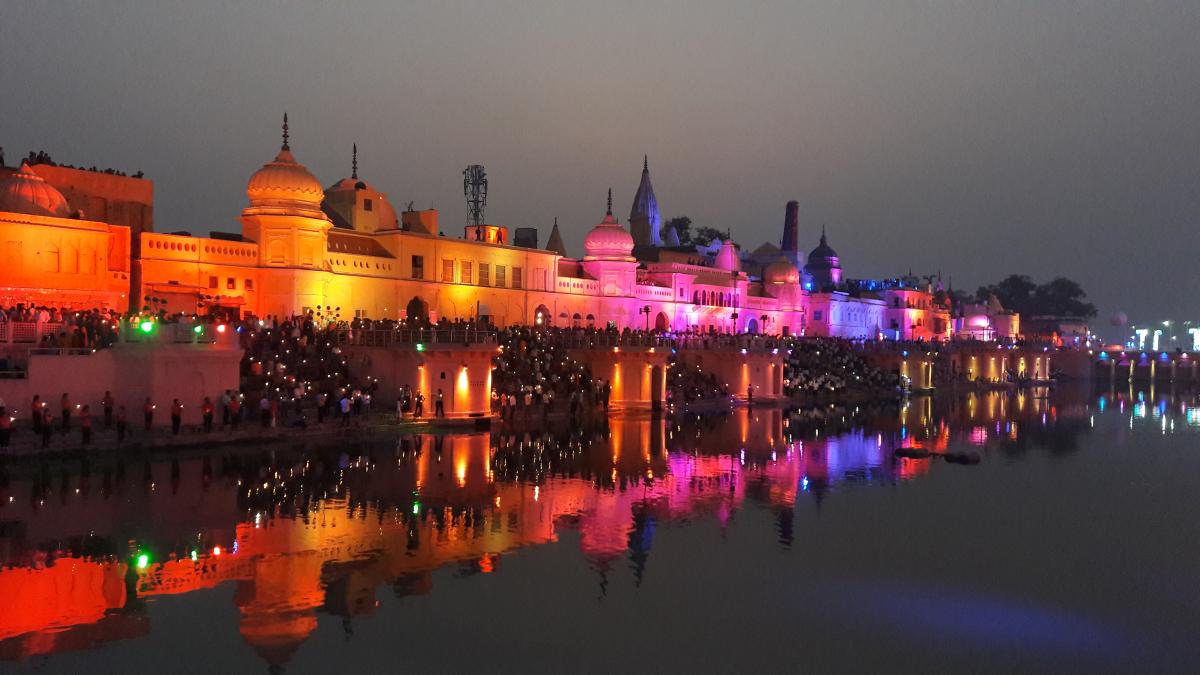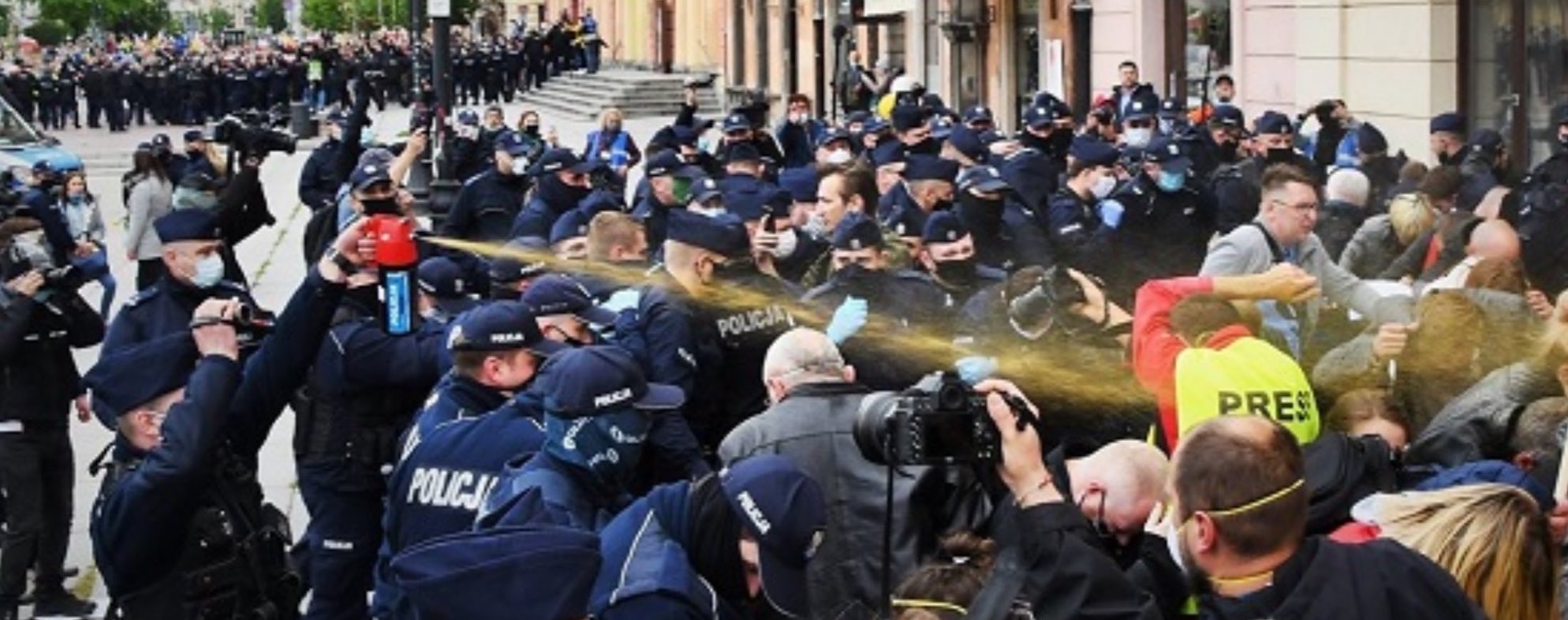
Biological police state preparations advance
As rising strongmen in places like Poland and Ethiopia exploit the COVID-19 pandemic to postpone elections and grab extraordinary powers, even democratic countries are putting unprecedented police-state measure into place in the supposed interest of a return to “normality.” In the latter category is New Zealand, where a bill has been passed giving police sweeping powers to enter homes without warrants while enforcing new “Alert Level 2” rules. The COVID-19 Public Health Response Act creates a new corps of “enforcement officers” to track social contacts among the populace and conduct raids on the premises of suspected violators. (Photo of Warsaw police action via Twitter)



